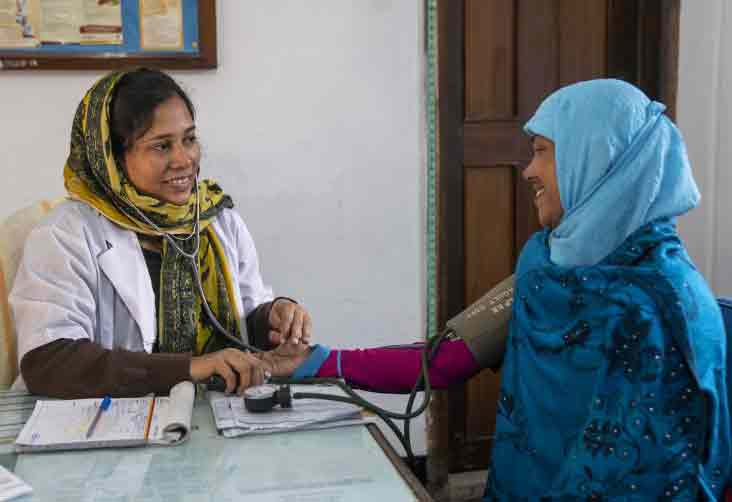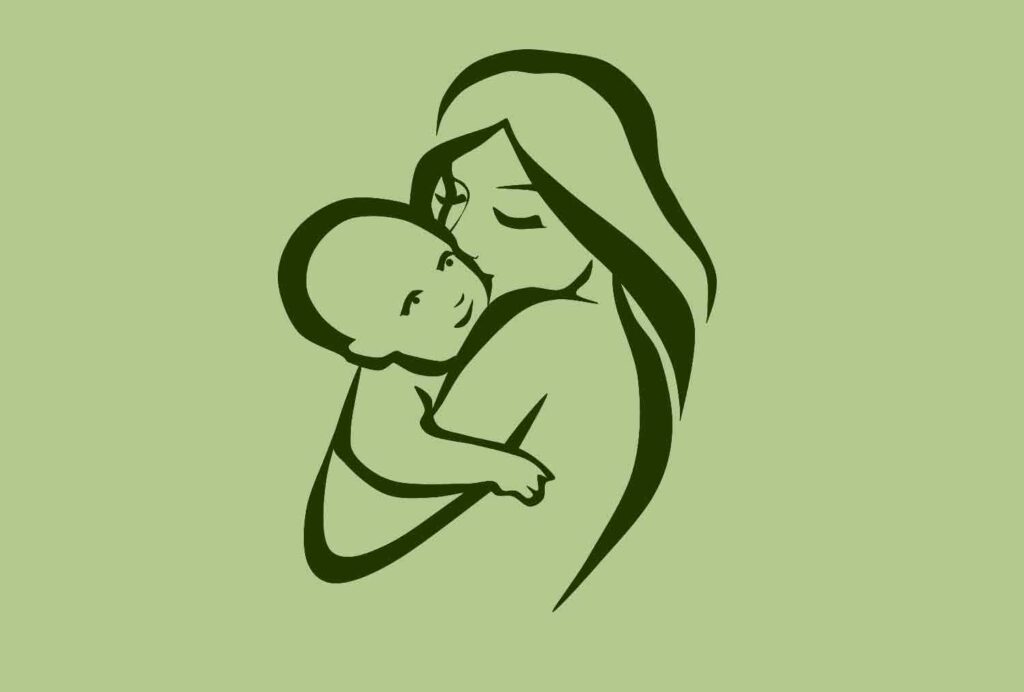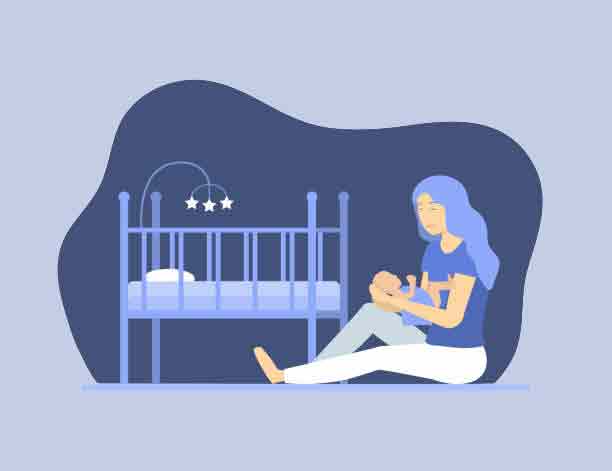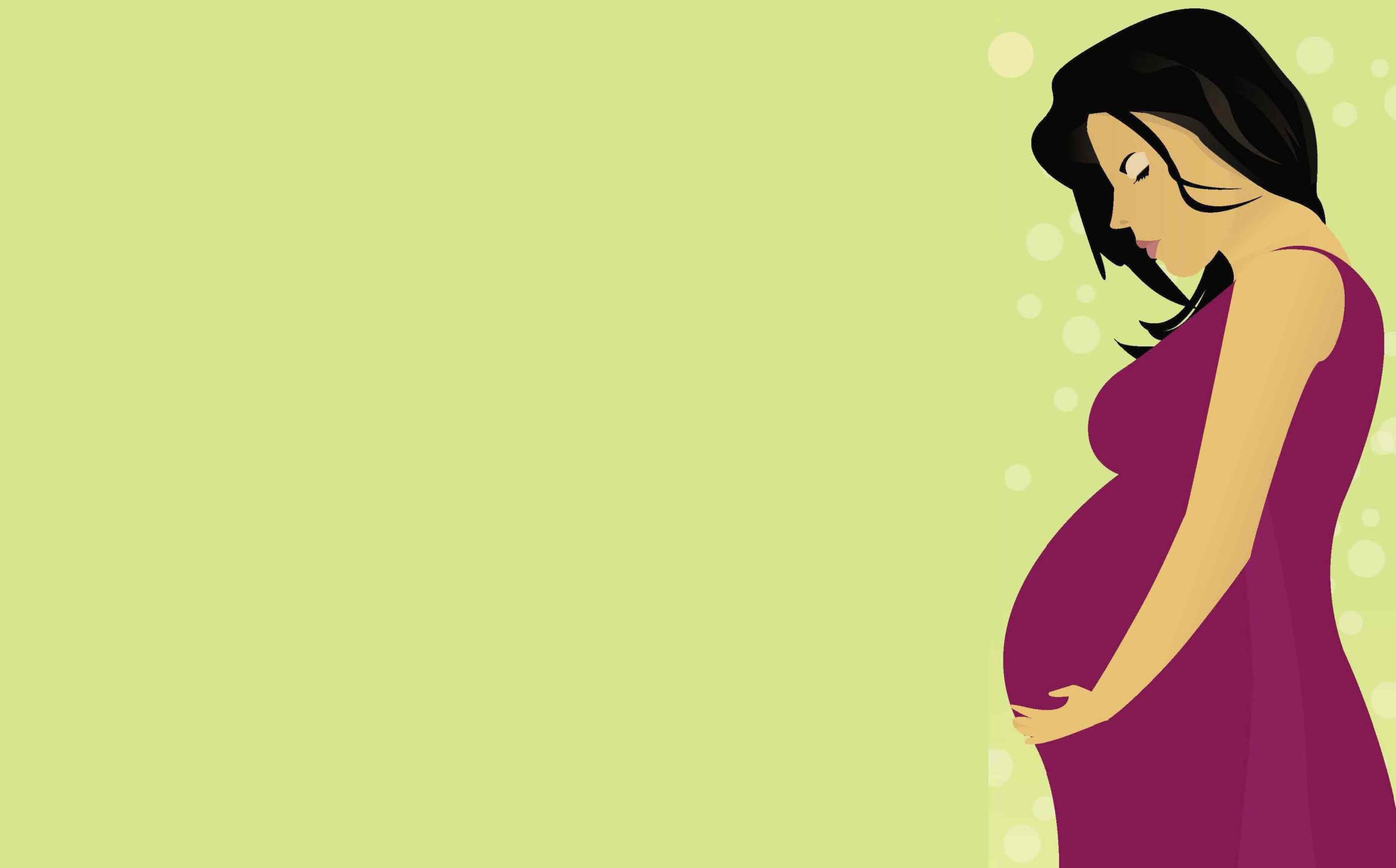Dr Amany Ayub – MBBS, MPH; Public Health Specialist
Antenatal care maternal health is essential for protecting women’s health and their unborn children. Through this form of preventive health care, women can learn from skilled health personnel about healthy behaviours during pregnancy, better understand warning signs during pregnancy and childbirth, and receive social, emotional, and psychological support at this critical time in their lives.
Through antenatal care, pregnant women can also access micronutrient supplementation, treatment for hypertension to prevent eclampsia, and immunization against tetanus. Women aged 15-49 attended by any provider at least four times during pregnancy. According to “the WHO four-visit focused ANC (FANC) model”, the timely Antenatal Care visits refer to the 1st ANC visit between 8–12 weeks of pregnancy, the 2nd ANC visit between 24–26 weeks, the 3rd ANC visit at 32nd week, and the 4th ANC Visit between 36–38 weeks of gestation. The newest guidelines from the World Health Organization recommend that women attend 8 ANC visits. Globally, 85% of pregnant women attend at least one ANC visit with a skilled health professional, and 58% attend at least 4 ANC visits.

ADVICE AND COUNSEL ON NUTRITION AND SELF-CARE, AND SUBSTANCE ABUSE IN ANC VISIT
Counsel on nutrition:
Counselling about healthy eating and keeping physically active during pregnancy is recommended for pregnant women to stay healthy and prevent excessive weight gain.
To eat a more significant amount and variety of healthy foods, such as meat, fish, oils, nuts, seeds, cereals, beans, vegetables, cheese, milk, to help her feel well and strong (give examples of types of food and how much to eat).
Determine if there are important taboos about nutritionally important foods for good health. Then, advise the woman against these taboos.
Talk to family members such as the partner and mother-in-law to encourage them to help ensure the woman eats enough and avoids hard physical work.
Advice on self-care during pregnancy
Take iron tablets F3: Daily oral iron and folic acid supplementation with 30 mg to 60 mg of elemental iron and 400 micrograms of folic acid are recommended for pregnant women to prevent maternal anaemia, puerperal sepsis, low birth weight, and preterm birth.
Intake, daily calcium supplementation (1.5–2.0 g oral elemental calcium) is recommended for pregnant women to reduce the risk of pre-eclampsia. Need ten micrograms of vitamin D each day. Vitamin D regulates the amount of calcium and phosphate in the body needed to keep bones, teeth, and muscles healthy. In addition, our bodies make vitamin D when our skin is exposed to summer sunlight. Vitamin D is also in some foods, including oily fish (salmon, mackerel, herring, and sardines), eggs, and red meat.
Rest and avoid lifting heavy objects.
Sleep under an insecticide-impregnated bednet.
Avoid alcohol and smoking during pregnancy.
NOT to take medication unless prescribed at the health centre/hospital.

Counsel on Substance Abuse:
Avoid tobacco use during pregnancy.
Avoid exposure to second-hand smoke.
Do not take any drugs or Nicotine Replacement Therapy for tobacco cessation.
Avoid alcohol during pregnancy.
Avoid the use of drugs during pregnancy.
Warning signs of possible pregnancy complications
Certain signs should be reported to the healthcare provider right away during any stage of the pregnancy. These include the following:
• Bleeding or leaking fluid from the vagina
• Blurry or impaired vision
• Unusual or severe stomach pain or backaches
• Frequent, severe, and constant headaches
• Contractions where your stomach muscles tighten before 37 weeks that happen every 10 minutes or more often
• Decrease in baby’s movements after 28 weeks
• Dizziness
• Excessive vomiting and diarrhoea
• Fever or chills
• Pain or burning with urination
• Swelling of face, fingers, and feet
• Inability to tolerate foods or liquids
• Muscular convulsions
• Have thoughts of harming yourself or your baby

Preventative measures against the coronavirus disease
To prevent infection and to slow transmission of COVID-19, do the following:
Please wash your hands regularly with soap and water or clean them with an alcohol-based hand rub.
Wear Mask and maintain at least a 1-meter distance between you and people coughing or sneezing.
Avoid touching T zone: your face, nose, and mouth.
Cover your mouth and nose when coughing or sneezing.
Stay home if you feel unwell.
Refrain from smoking and other activities that weaken the lungs.
Practice physical distancing by avoiding unnecessary travel and staying away from large groups of people.
A pregnant woman can receive a vaccine. If you have questions about getting vaccinated, talk with your healthcare professional immediately.

